Search Results
Search
Filter results
Advanced Filters
Your search returned 280 Solutions
-
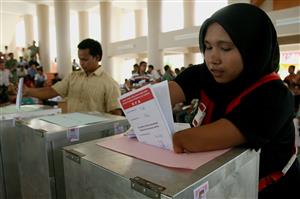
Strengthening electoral systems to be inclusive and accessible
The Election Access Program published the first manual, Equal Access, that provides government and civil society with guidance on how to ensure that persons with disabilities have a voice in political life. IFES also developed an election access observation checklist and trained over 700 people in 7 countries to be access observers.
IFES - International Foundation for Electoral Systems, United States of America -
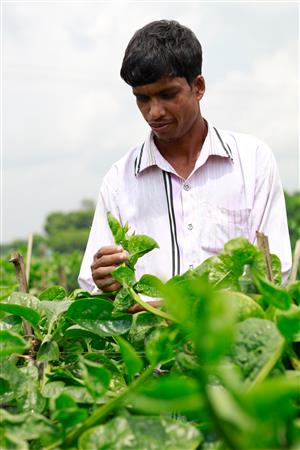
Promoting self-employment in agriculture and aquaculture by training and microfinance
DRRA’s ‘Jibika’ project supports people with disabilities in the rural districts of Sathkhira and Jhenaidah to run their own vegetable or crab farming businesses by providing training and microfinance. Between 2017 and mid-2020, 514 people with disabilities were involved in running their own businesses.
DRRA - Disabled Rehabilitation and Research Association, JIBIKA, Bangladesh -
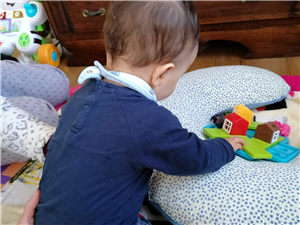
A case manager coordinating early intervention support from three ministries
Cooperative for Inclusion (CECD), Portugal: Coordinates inclusive early childhood intervention of three ministries. In 2021, 154 case managers reached almost 80,000 people, enhancing access to early childhood intervention support systems.
National System of Early Childhood Intervention (SNIPI), Portugal -
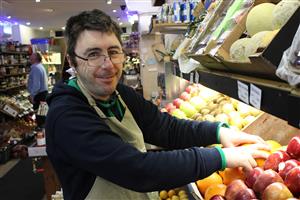
Support programme for young people leaving school
WALK PEER is a five-year model. In the first two years, young people while they are still at school are guided and trained on topics such as employability, entrepreneurship and transition. Transition is the main topic for years three and four. In the final year, the focus is entirely on a good start of their professional life.
WALK - Inclusive Employment Services, WALK Peer programme, Ireland -
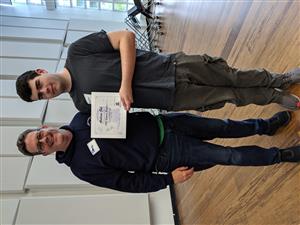
Department testing innovative approaches towards more inclusive careers for students
Since 2014, the Pathways to Careers (PTC) model has been testing different approaches to improve the qualifications and professional advancement of students with disabilities. Approaches such as Universal Design for Learning (UDL) or student learning contracts with companies have already proven successful.
Department of Labor of the US, Pathways to Careers Programme (PTC), United States of America -
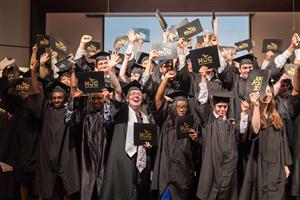
Person-centred transition programme for students to post-school life
The transition programme for students aged 18 to 25 includes vocational certificates and career-readiness credentials. A complementary person-centred support service offers mentoring and tutoring, career counselling, and self-advocacy training. VAST also offers employment and internship placement assistance.
Houston Community College, VAST Academy, United States of America -
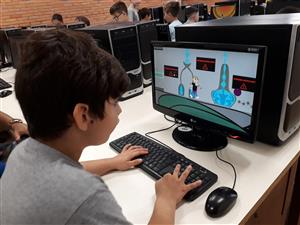
Digital game design by children with and without intellectual disabilities
Through the framework of the "I’ve made my game", children with and without disabilities are encouraged to create digital games together. This collaborative process allows children to be involved in intellectual and affective activities of negotiation, ideas development, results analysis, and interaction.
Univali - University of Itajai Valley, Digital Game Design, Brazil -
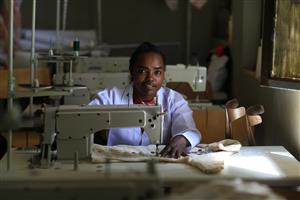
National guideline to make vocational training centres fully accessible
Published in 2019, the guideline is the first document in Ethiopia to set out measures for the equal participation of people with disabilities in "technical and vocational education and training" (TVET). By 2020, more than 30 government institutions have implemented the directive.
Ethiopian Federal TVET Agency, Guideline for inclusion of people with disabilities, Ethiopia -
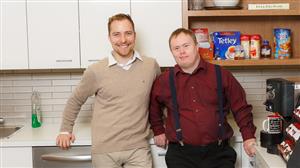
Creating employer demand for inclusive hiring
By taking a demand rather than a supply focus, the initiative enters into a direct dialogue with employers, informing them why persons with intellectual disabilities make excellent employees and can fill regularly occurring vacancies. Begun in 2014 1,159 employment opportunities were secured by September 2016.
Canadian Department of Employment and Social Development, Ready, Willing and Able Initiative (RWA) of 2014-2017 Employment and Social Development Canada (ESDC)/Service Canada, Canadian Association for Community Living (CACL) and Canadian Autism Spectrum Disorders Alliance (CASDA), Canada, Canada -
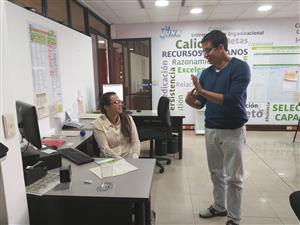
National Training Service making itself accessible and inclusive
SENA is a public entity for work training and human develop and the only one in Colombia committed to guidelines for inclusion. SENA has counsellors in its 33 offices nationwide and provides 117 mobile training centres for remote regions. In 2019, 1,543 jobs for people with disabilities were placed.
SENA - The National Training Service Colombia, The National Training Service (SENA), Colombia